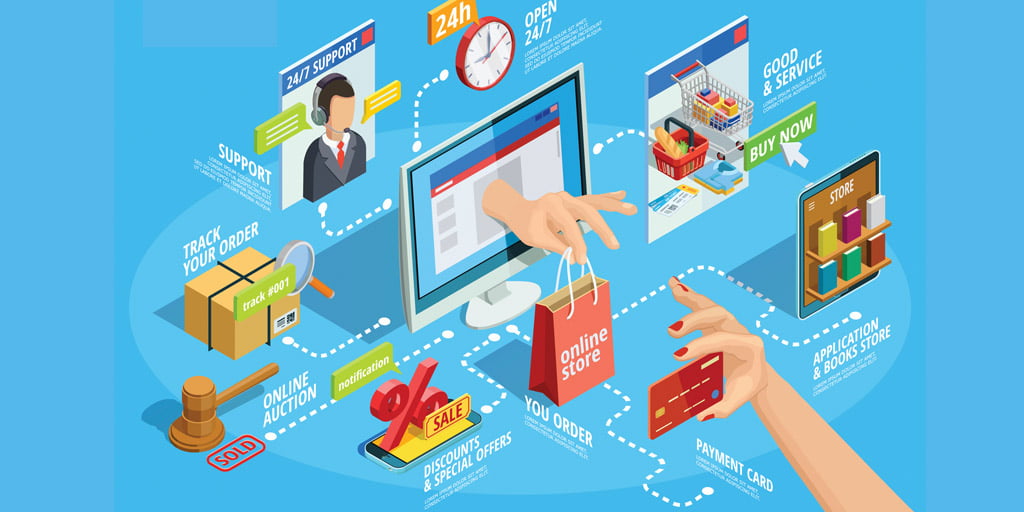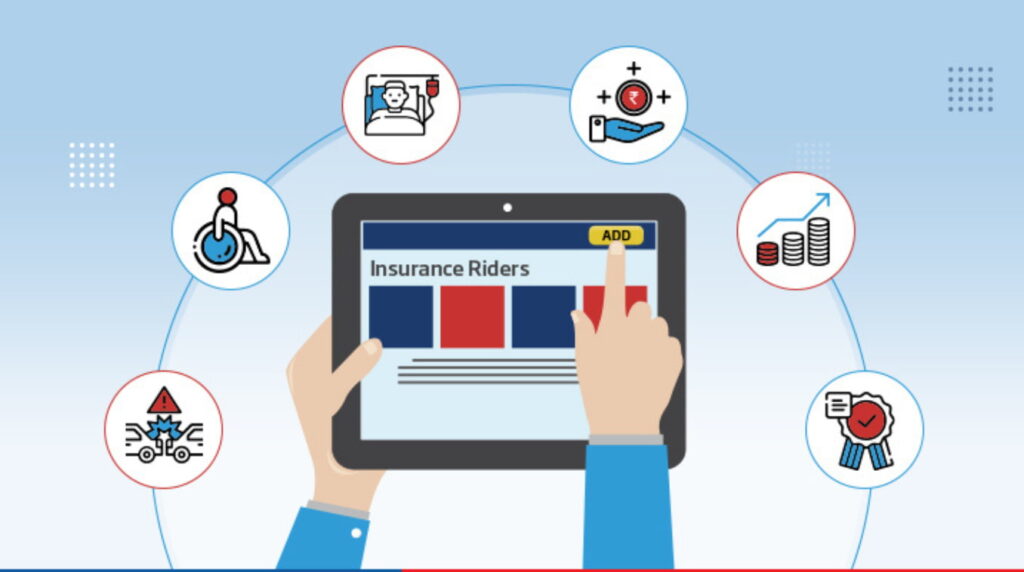It seems like only yesterday the world witnessed the arrival of ‘FinTech’, and now ‘InsurTech’ has become the new disruptor poised to revolutionize local insurance markets around the world.
At the forefront of the InsurTech revolution within the UAE are none other than insurance aggregators. Here’s everything you need to know about the insurance aggregator market and how it’s poised to change the way customers purchase their various insurance policies.
In the Beginning – A Brief History of Online Transactions
It’s hard to remember a time when you couldn’t make a purchase online. With the growing popularity of online shopping, you can even order your groceries online with your computer or mobile device. The continual evolution of online shopping would eventually lead to other technological advances, to include insurance aggregators.
Online shopping was invented and pioneered in the United Kingdom in 1979 by Michael Aldrich. Aldrich connected a modified home television with a telephone line to a real-time multi-user transaction processing computer. Over the course of the next few decades, his concept evolved into what we know today as online shopping. However, the history of eCommerce is closely intertwined with the history of the internet.
- 1960 -1982 – Electronic Data Interchange(EDI) replaces the traditional faxing and mailing of documents with a digital transfer of data from one computer to another
- 1979 – Michael Aldrich invents online shopping using videotex, a two-way messaging service
- 1982 – France launches the precursor to the internet, called Minitel
- 1990 – Tim Berners Lee created the first web server and wrote the first web browser
- 1991 – The internet becomes public
- 1992 – Charles M. Stacks launches Book Stacks Unlimited, an online bookstore
- 1995 – Amazon launches the world’s first online marketplace
- 1998 – Online payment evolves with the arrival of global eCommerce company, PayPal
- 2001 – Amazon becomes the first company to launch a mobile commerce site
- 2015 – Global spending on digital commerce platform software reached approximately AED 17.26 billion (USD 4.7 billion) (a 15 percent year-over-year increase)
- 2019 – There are over 2.1 billion smart phone users in the world, and global mobile commerce is expected to grow 37% in 2019
- 2021 – mobile commerce (M-commerce) sales are expected to account for more than half of all ecommerce sales by 2021
Over the past two decades, the safety, convenience, and user experience of eCommerce has drastically improved, making online shopping the natural evolution for local and global industries. As such, sectors around the world are turning to a digitized shopping experience to expand their reach, and aggregators are leading the charge.

Aggregators – The Pioneers of InsurTech in the UAE
In the simplest of terms, InsurTech relates to the innovative technologies currently changing the well-established insurance industry. These technologies are designed to make the insurance industry more responsive and adaptable to what consumers want.
While they aren’t the only factors generating disruptive transformations in the UAE insurance industry, insurance aggregators are by far causing the largest waves.
Aggregators are simply comparison shopping sites. They allow potential customers to compare carriers, product features, coverage, and price points. Aggregratotrs sign up insurance carriers to participate in their online marketplace.
InsurTech is rapidly transforming the otherwise traditional business model of the insurance industry and it looks like this trend is here to stay. In fact, according to Technavio in their 2016 InsurTech industry report, the global InsurTech market will grow by AED 61.09 billion (USD 15.63 billion) between 2019 and 2023.
It’s no great secret that technology is the key to addressing the changing needs of customers while simultaneously propelling organizational growth and development. Given the climate of our global digital age, it’s apparent the natural path forward, even within traditional industries such as the insurance market, is to embrace innovation and go ‘digital.’
Benefits of Aggregators
Change is the catalyst to push an industry to the next level. It propels growth and development. There are many benefits to the aggregator market. Aggregators minimize the time and effort involved in reaching out to individual insurers.
By partnering with leading insurance companies in the UAE, aggregators provide potential customers with access to a wide variety of insurance products in one convenient location. Not only can users compare quotes, but they can also compare coverage, features, and benefits, with the click of a button. Local insurance comparison portals are becoming increasingly user-friendly, with many even offering offline and call-center support to assist customers.
Aggregators open up the market. They make it more transparent. Online aggregators make comparing and purchasing insurance policies effortless for consumers. As long as the customer has access to a computer or smart device, with the click of a few buttons, they can:
- Compare multiple quotes
- Choose from a range of plans, such as home, travel, car and health policies
- Obtain and compare coverage
- Obtain and compare price quotes
- And more

The Fear Behind Cutting out the Insurance Brokers
It’s common to associate “disruption” with something negative. In business, the term “disruptor” is used to categorize new technologies and solutions that reshape the traditional models of any given industry. There is no need to fear change, as change is inevitable. And in many cases, change is great for business.
Despite the potential to reach more prospective customers, insurance brokers are often fearful of the aggregator market. Although the concept behind aggregators is straightforward, the ramifications of this model are significant for many reasons:
- With aggregators, consumers bypass the influences and methods of the traditional independent insurance agent
- Carriers may fell initial pressure to sell policies based on price instead of their unique competitive advantages
- Smaller carriers are now able to reach prospective buyers which forces the more recognizable carriers to offer more competitive rates
- Insurance carriers who elect to participate in an aggregator model must address channel conflicts with their traditional brokers who become bypassed in a direct-to-consumer model
Despite these fears, there much to be gained with the success of the aggregator market. The success of the insurance aggregator model has been the most notable in the United Kingdom. According to Accenture’s 2016 report on the UK insurance market, aggregators accounted for “60 to 70 percent of new business premiums in the private automobile insurance market alone.” Additionally, “over 83 percent of insurers in the UK were considering setting up their own aggregator sites, allowing them to sell their own as well as other insurers’ products.”
Currently, UAE motor insurance is the most developed product in the UAE aggregator market, accounting for between 90% and 95% of total aggregators’ insurance sales (accounting for 10% to 15% of the total motor insurance market). By comparison, in some markets throughout Europe, sales of motor gross written premiums via aggregator platforms were as high as around one-half of all direct sales in 2017, with market shares of 53% in the U.K., and 48% in Italy.
The Future of the Insurance Industry is Now
With the changing insurance landscape in the UAE, local businesses are striving to replicate the reverberating success accomplished by aggregators in other markets around the world. However, we can’t achieve aggregator success without the backing and support of the regulators in the Middle East, which includes the UAE. Regulators understand the opportunity for customers, brokers, and insurance companies to benefit from streamlined regulations and up-to-date data.
Not only is the aggregator market poised to usher in a new era of insurance in the UAE, but it’s also poised to help the UAE the path to becoming an advanced commercial power and hub. This will take innovation and advancements in the IA to support the market as it grows, expands, and services more clients.

RAMZI GHURANI
Managing Partner




